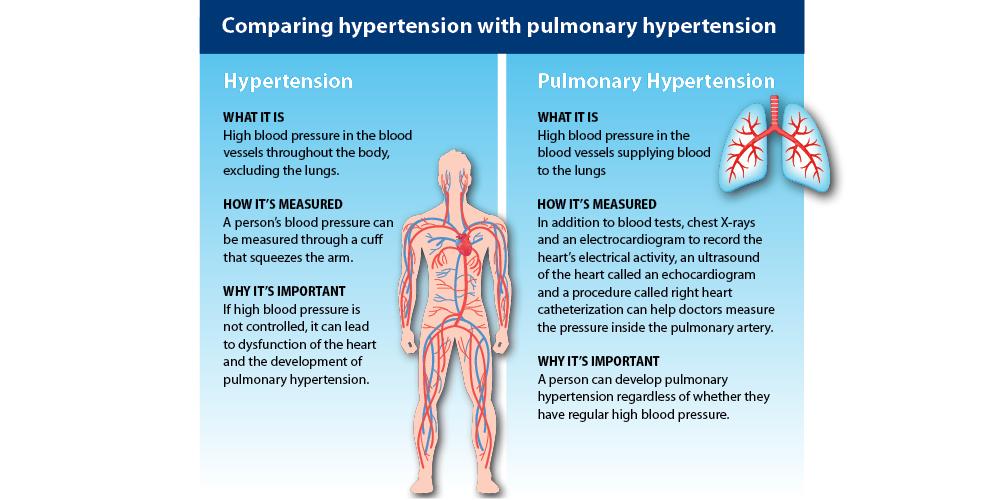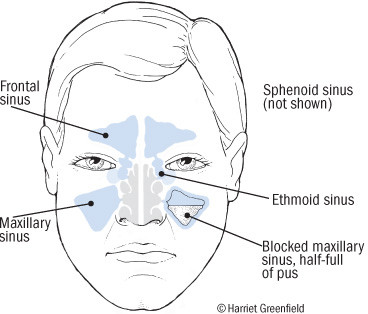Neck pain, also known as cervicalgia, is a common issue, with a significant portion of the population experiencing it at some point in their lives. Although neck pain is felt in the neck, it can originate from numerous other spinal problems. Muscular tightness in both the neck and upper back, or pinching of nerves, are common contributors to this discomfort.
One surprising cause of neck pain is wearing a bra with insufficient support. For individuals with heavy breasts, the lack of support can lead to extra weight pulling the neck forward, stressing the neck and shoulder muscles, and resulting in neck and back pain. A quick fix for this issue is to get a better-fitting bra, ensuring both the underwire and the middle section lie flat against the body.

The most common causes and types of neck pain include muscle pain, often a result of overexertion or prolonged physical or emotional stress. This can lead to the development of hard knots in the neck muscles, known as trigger points, which are tender to the touch. Muscle spasm is another common type of neck pain.
Injuries to muscles, ligaments, or tendons in the neck or shoulder can cause mild to serious pain. While the cause of the pain may be apparent in cases of accidents or sports injuries, it can be more challenging to identify when the pain arises seemingly out of nowhere.
The phenomenon of ‘Tech Neck’ is also increasingly common. This condition is a result of many hours of stress on the neck, often due to poor posture while using technology. Symptoms may start with vague complaints of neck or shoulder pain and gradually worsen over time.
In some serious cases, neck pain can be a symptom of a cervical artery dissection, characterized by unusual, persistent neck pain, often accompanied by a severe headache.
For office workers, prolonged sitting and poor posture are major contributors to neck pain. Hunching over desks or leaning forward to view computer screens can put additional stress on the cervical spine, leading to discomfort and pain. Similarly, repetitive movements and excessive screen time can exacerbate these issues.
Sleeping positions can also pose risks to the neck. Stomach sleeping requires rotating the head to one side, and sleeping on the side without proper support can push the neck towards the shoulder, both of which can cause muscle strain and neck pain.
For more details on the causes and solutions for neck pain, visit Harvard Health, Harvard Health, Harvard Health, Northwell Health, The Ohio State University, and Harvard Health for in-depth information.


